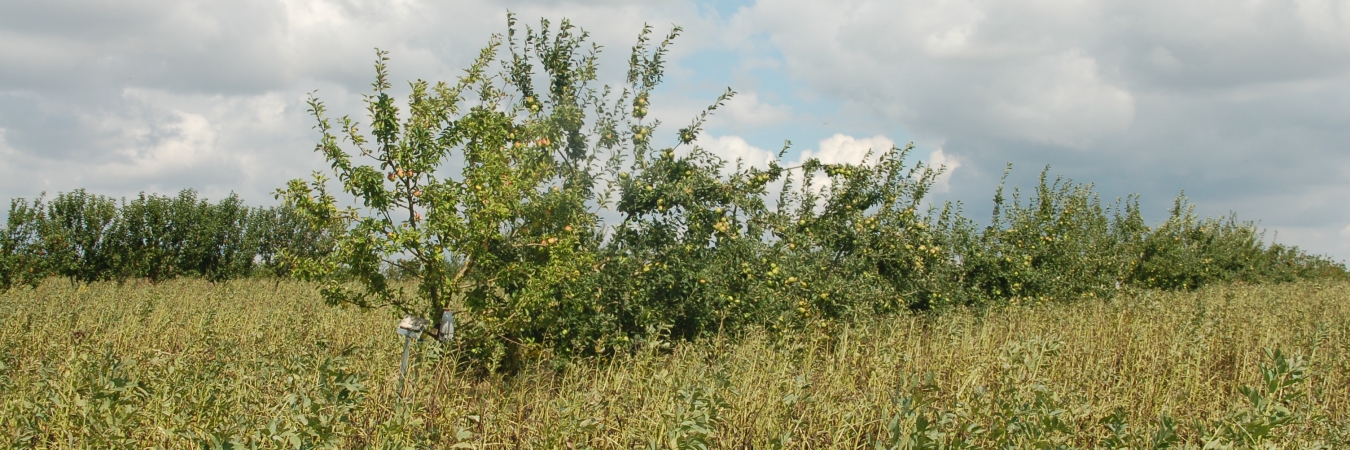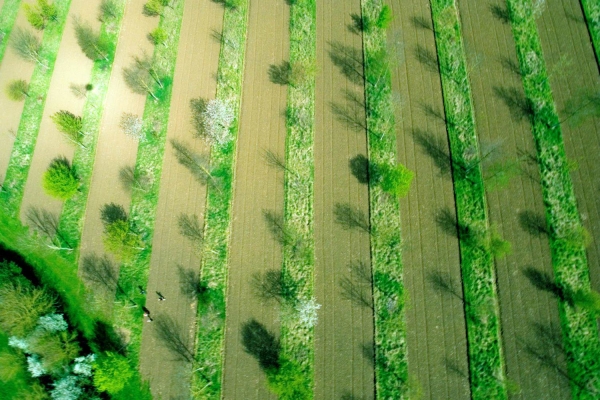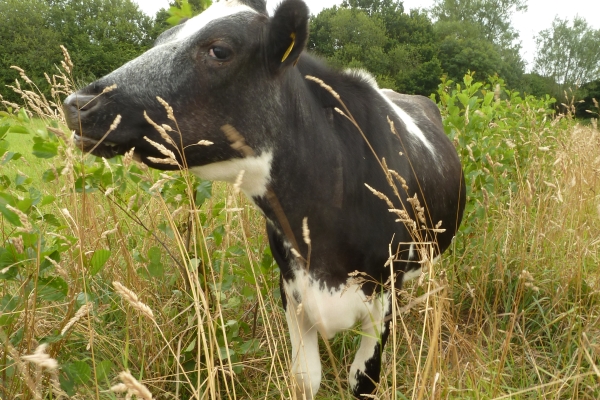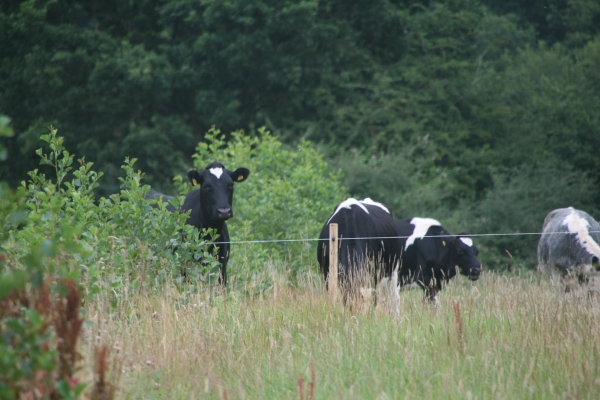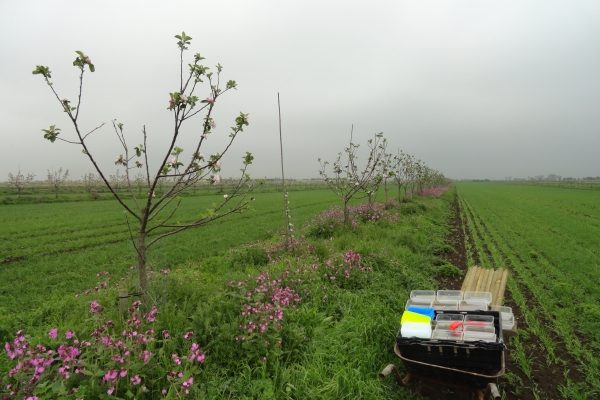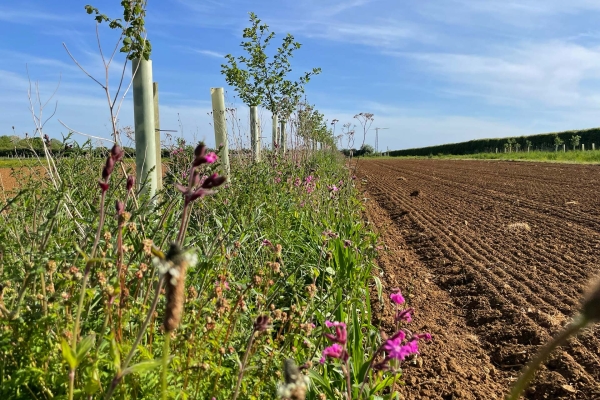How can agroforestry contribute towards biodiversity conservation?
Online workshop
Resource explained
This is the recording of a workshop hosted by the Organic Research Centre (ORC) online and organised as part of the Farming the Future programme. It set out to explore how agroforestry could contribute towards the conservation and restoration of biodiversity, and the policy options that could support the realisation of these benefits. Chaired by Colin Tosh, Senior Agroforestry researcher at ORC, it features Tom Staton who is finishing his PhD research at the University of Reading on agroforestry and biodiversity in arable systems, Devon-based farmer Carolyn Richards, who reflects on her experiences of developing silvopasture with a view to better managing her herd and enhancing biodiversity, and Helen Chesshire – Senior Farming Advisor for the Woodland Trust who asks how the UK policy might help agroforestry achieve biodiversity goals. It also features a lively interactive discussion with delegates.
Findings & recommendations
| View the policy brief that was created as a result of this workshop here: |
- Colin Tosh sets the discussion in context in relation to the UN biodiversity framework. Trees are inherently biodiverse and can promote resilience i.e. via shading effects and reductions in wind speed – recent studies have revealed trees can create a 30% dampening effect of environmental extremes.
- Integrating trees offers opportunities for natural pest control – the research Tom Staton is involved in has found a significantly higher diversity of plants and insects in agroforestry alleys compared to crop alleys, with more wild pollinators found to benefit from agroforestry. A significantly higher diversity in ground predators and parasitoids can lead to a reduction in some arable pests – and an increase in farm income. Higher functional diversity of natural enemies in agroforestry most likely indicates higher natural biocontrol and can therefore benefit a farmers’ pest management strategy.
- Carolyn Richards runs a diverse farm using conservation agriculture principles. Hedgerows provide wildlife corridors between woodland parcels and provide shelter for her South Devon cattle and crops. She has been taking part in a silvopasture Innovative Farmers field lab working with FWAG Southwest. The research shows benefits due to shelter and security from trees such as a more varied sward, more varied nutrition – with trees available for browsing, increased soil carbon fixing due to increased organic input from tree litter, and increased bacterial / mycorrhizal activity.
- Practical aspects of implementing an agroforestry system are discussed as well as the need for education around potential clashes in the outcomes of agroforestry and long term planning and monitoring.
- Helen Chesshire leads the Woodland Trust ‘Trees for your farm’ scheme – find out more about it and other funding and schemes available here.
